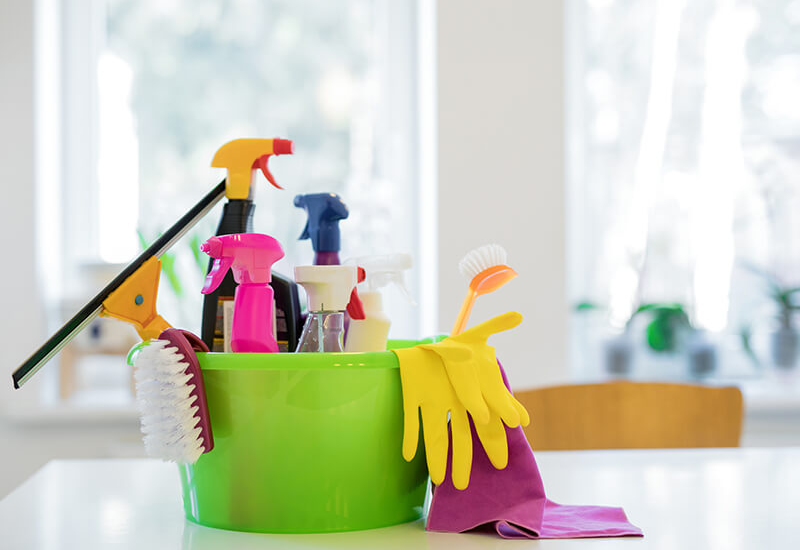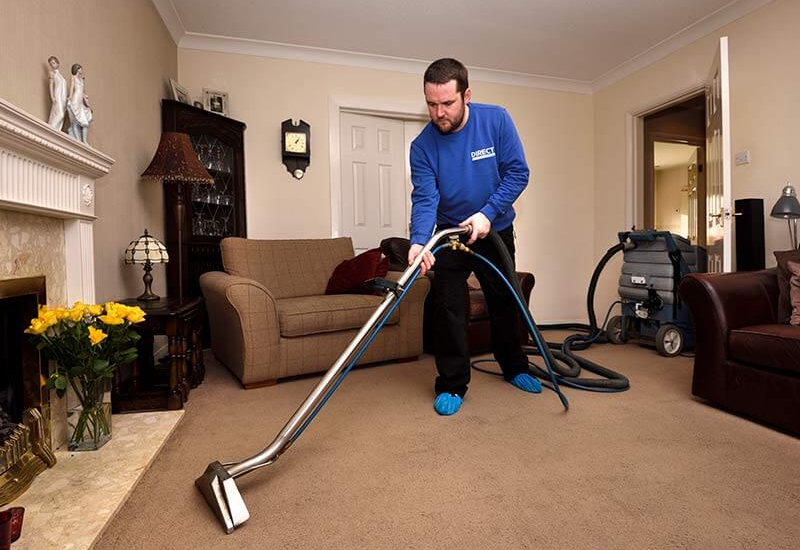Introduction (75 words): Cleanliness is not just a mundane chore; it is an art that transforms spaces and elevates our well-being. In a world where we are constantly surrounded by stimuli, a clean environment can provide solace and rejuvenation. Whether it’s our homes, workplaces, or public spaces, maintaining cleanliness is essential for our physical health, mental clarity, and overall productivity. This article explores the significance of cleaning, the benefits it brings, and how to cultivate a cleaning routine that enhances our daily lives.
Body:
- The Power of Cleanliness (125 words): Cleanliness is a powerful force that goes beyond surface-level aesthetics. A tidy space promotes physical health by reducing the risk of illness and allergies. Regular cleaning eliminates dust, mold, and bacteria that can compromise our immune system. Furthermore, a clean environment has a positive impact on our mental well-being. Clutter-free spaces enhance focus, reduce stress, and promote a sense of calm. When our surroundings are organized and fresh, our minds feel clearer, allowing us to be more productive and creative.
- The Therapeutic Aspect of Cleaning (125 words): Contrary to popular belief, cleaning can be a therapeutic activity. Engaging in cleaning tasks can provide a sense of accomplishment and control over our surroundings. The physicality of cleaning can also serve as a form of exercise, releasing endorphins that boost mood and energy levels. Additionally, the repetitive nature of cleaning can be meditative, allowing our minds to relax and find inner peace. Incorporating cleaning rituals into our daily lives can help establish a healthy routine and provide a much-needed break from the digital world.
- Sustainable Cleaning Practices (125 words): Cleaning is not only about maintaining hygiene; it is also about being environmentally conscious. Embracing sustainable cleaning practices reduces our ecological footprint and preserves the planet for future generations. Using eco-friendly cleaning products, minimizing water waste, and opting for reusable cleaning tools are simple yet impactful ways to contribute to a cleaner and greener world. By making conscious choices in our cleaning habits, we can actively participate in the larger movement towards environmental sustainability.
- Cleaning as a Ritual (100 words): Incorporating cleaning as a ritual in our lives fosters a sense of order, discipline, and self-care. Designating specific times for cleaning, such as a weekly deep clean or a daily tidying session, helps maintain a clean and harmonious environment. It also allows us to engage in the present moment and find joy in the process of transforming our spaces. Cleaning can become a mindful practice, where we appreciate the beauty of simplicity and cultivate a deep connection with our surroundings.
Conclusion (50 words): Cleaning is not merely a chore; it is an art that enhances our physical and mental well-being. By recognizing the power of cleanliness, embracing it as a therapeutic activity, adopting sustainable practices, and making it a ritual in our lives, we can create spaces that inspire and uplift us, leading to a more fulfilling and harmonious existence.





